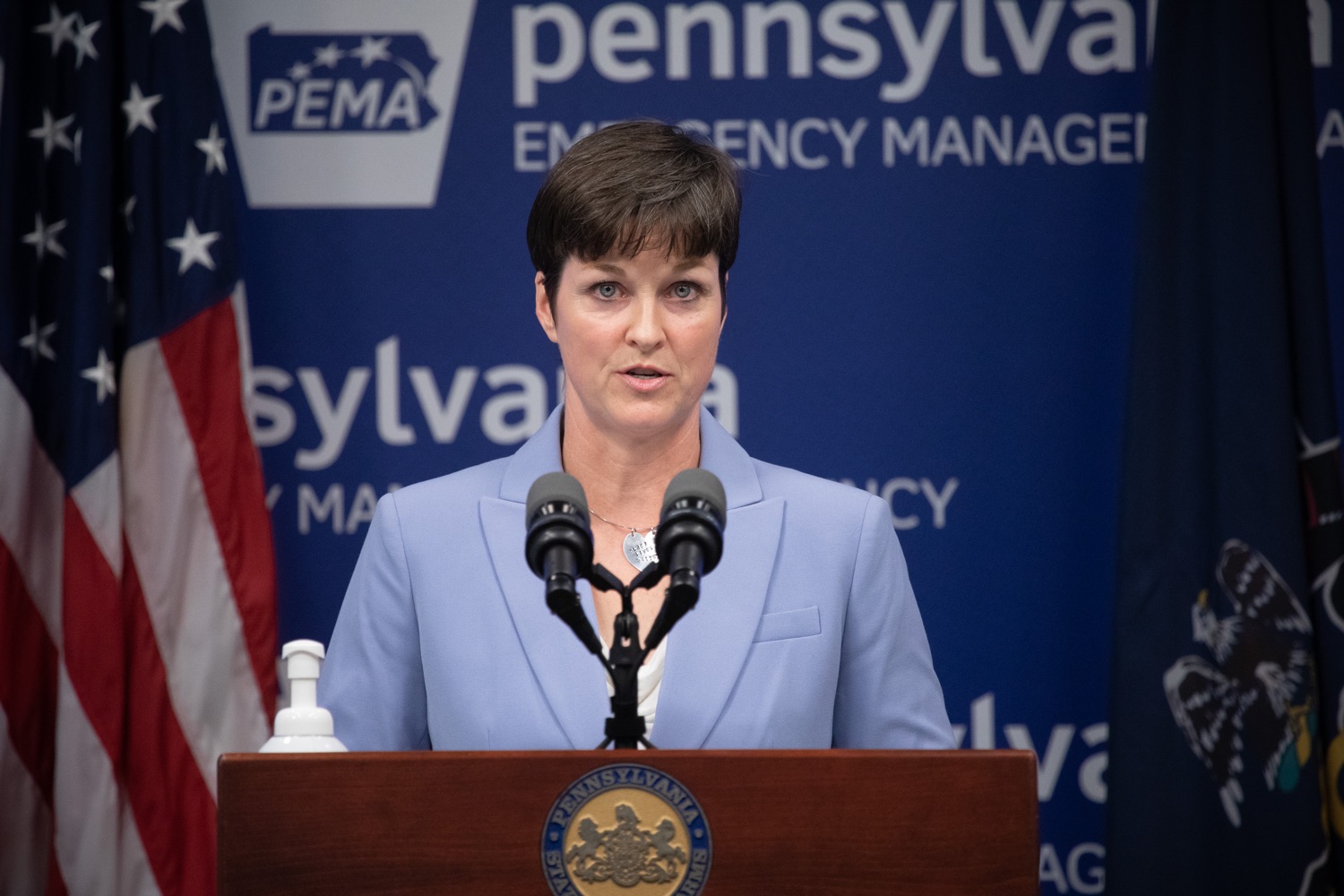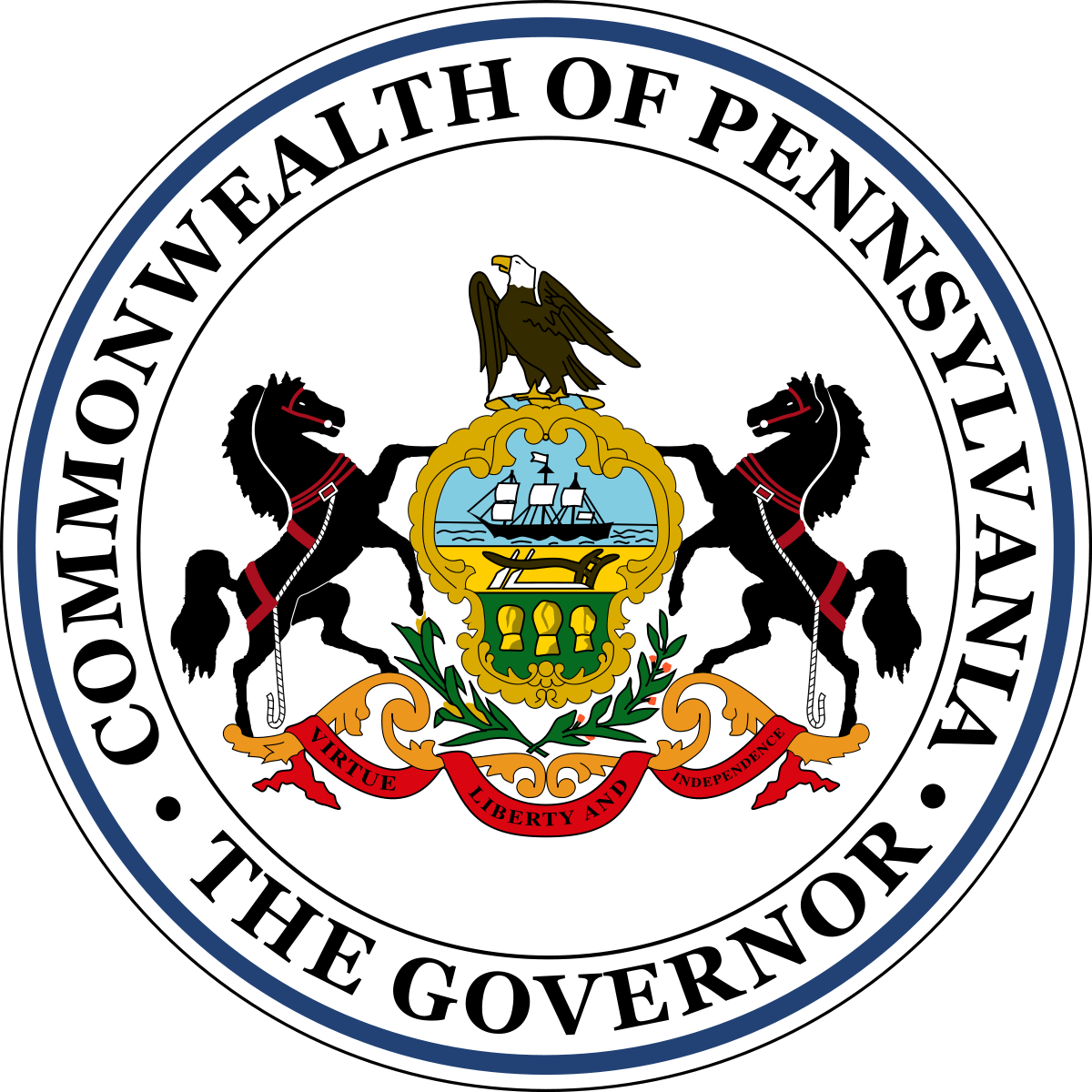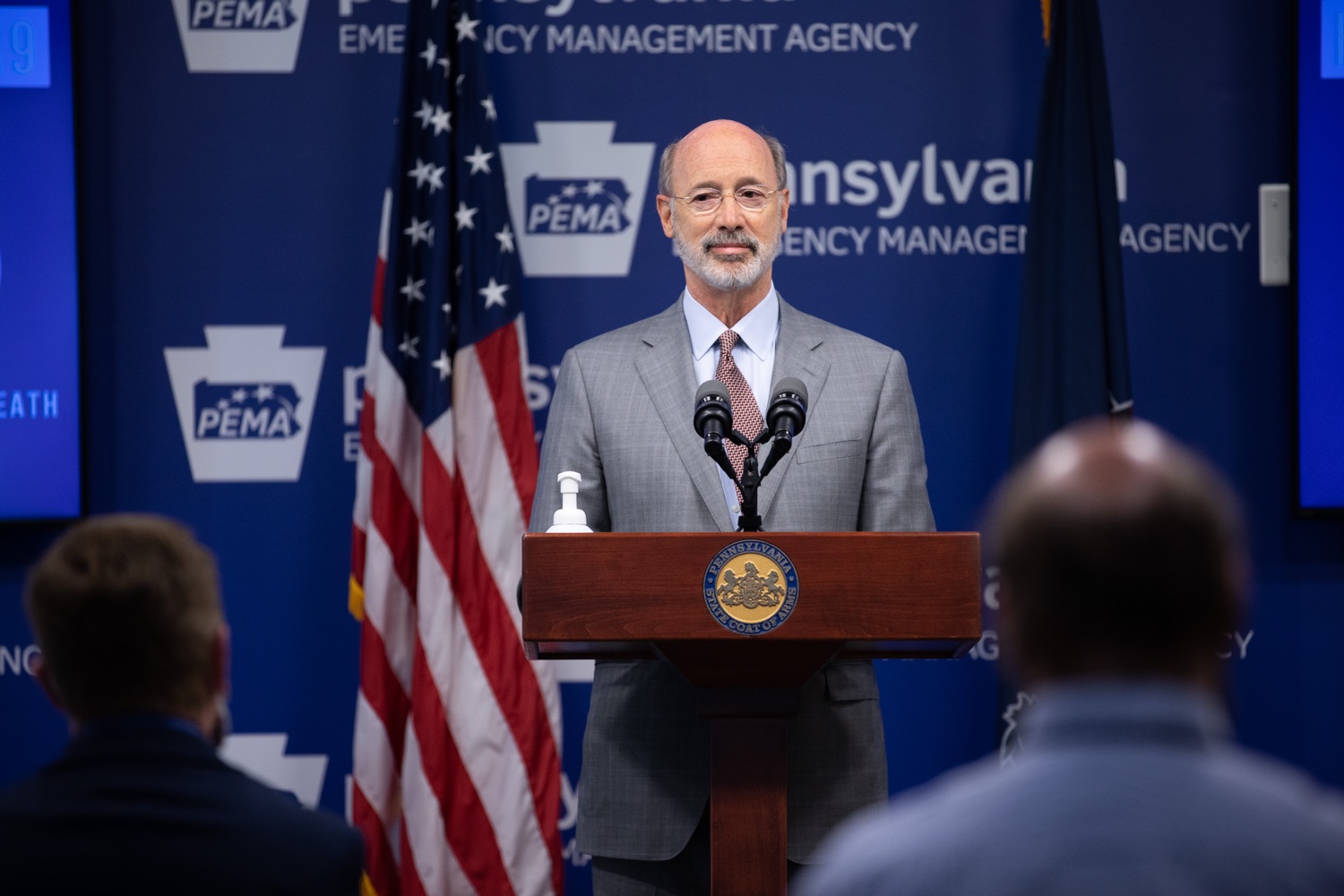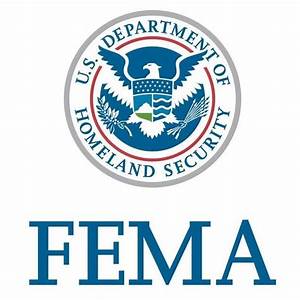
Secretary of Human Services Teresa Miller answers questions from the press.Governor Tom Wolf announced that people with intellectual disabilities and autism and the providers of support services for these vulnerable Pennsylvanians will receive $260 million in CARES Act funding to help continue to provide services during the COVID-19 pandemic. Gov. Wolf was joined by Department of Human Services Secretary Teresa Miller, who outlined to details of funding allocations. JUNE 15, 2020 – HARRISBURG, PA
Harrisburg, PA – Department of Human Services (DHS) Secretary Teresa Miller today provided an update on universal baseline COVID-19 testing in DHS-licensed personal care homes, assisted living residences, and private intermediate care facilities.
To date, 1,160, or 85 percent of these facilities have completed universal baseline testing ahead of the August 31 deadline. With the help of the Regional Response Health Collaborative (RRHC) Program, these long-term care facilities are on pace to meet this deadline.
On June 26, Secretary of Health Dr. Rachel Levine signed an expanded testing order, directing personal care homes, assisted living residences, and private intermediate care facilities to test all residents and staff at least once by August 31. This order was based on a similar directive to nursing facilities licensed by the Department of Health that completed initial universal testing as of July 24.
“Nearly 47,000 Pennsylvanians live in personal care homes, assisted living residences, and private intermediate care facilities, and co-occurring medical conditions and age may make them more likely to experience complications if they contract COVID-19,” said Secretary Miller. “This baseline testing and the partnership of our Regional Response Health Collaboratives are helping facilities better assess presence of COVID-19 in their facilities and what they need to do to keep staff and residents safe, and I am grateful for the collaboration and partnership to keep us on pace to meet this deadline.”
Facilities that have completed the baseline testing to date can be found here, and cases reported at personal care homes and assisted living residences are available here. This data is updated every Tuesday. Data on cases at other DHS-licensed facilities is available by county here.
The RRHCs have been integral to helping facilities complete testing and meet this requirement, supporting the nearly 2,000 nursing facilities, personal care homes, assisted living residences, and private intermediate care facilities in Pennsylvania and the residents they serve.
Launched in late July, the RRHC program was established to provide clinical support, technical assistance, and education to long-term care facilities as they work to prevent and mitigate spread of COVID-19. Each RRHC is required to make a minimum of two on-site visits to each facility in their region, including an initial on-site assessment that will help the RRHC evaluate a facility’s COVID-19 prevention and mitigation strategies and their preparedness to respond to an outbreak if that were to occur. Based on this assessment, the RRHCs will help those facilities implement best practices in infection control, implement contact tracing programs in facilities, support clinical care through on-site and telemedicine services, and provide remote monitoring and consultation with physicians. RRHCs are in regular communication with DHS, the Department of Health, and the Pennsylvania Emergency Management Agency to report on experiences interacting with facilities, trends experienced by facilities, and potential challenges. The RRHCs and the regions they serve are:
- Southeast Region:
- Thomas Jefferson University in partnership with Main Line Health and Lehigh Valley Health Network
- University of Pennsylvania in partnership with Temple University Hospital, Inc.
- Northeast Region:
- Geisinger Clinic
- Lehigh Valley Hospital, Inc.
- Southcentral Region:
- The Pennsylvania State University
- Northcentral Region:
- Geisinger Clinic
- Southwest Region:
- UPMC Community Provider Services in partnership with Allegheny Health Network, the Jewish Healthcare Foundation, and the Hospital Council of Western PA
- Northwest Region:
- LECOM Health
- UPMC Community Provider Services in partnership with Allegheny Health Network, The Jewish Healthcare Foundation, and the Hospital Council of Western PA
When a RRHC engages with a facility or is called in to help with a concern identified from collaboration between DHS, DOH and PEMA daily calls, these are classified as missions. A mission could be anything from assistance with testing, assessing a facility’s preparedness, staffing support, rapid response deployment to facilities, PPE support, testing to ensure PPE is properly fitted, and questions or concerns requiring consultation. Since launching, the six RRHCs, comprised of 11 health systems, have been assigned more than 2,500 missions, primarily covering testing, consultations, facility assessments, and support with PPE. Specifically, the RRHCs have conducted 45 total rapid response team deployments, with 40 of those completed at this time. The rapid response teams are comprised of registered nurses, clinicians, epidemiologists, and infection control experts. Nearly 650 on-site facilities visits have occurred as the RRHCs work to assist long-term care facilities. The RRHCP call centers have received more than 500 calls to assist facilities with universal testing, staffing support, PPE and testing kits.
The RRHCs are also working with the Jewish Healthcare Foundation to operate a statewide learning network available to all long-term care facilities. This network holds regular webinars on topics related to infection control and the latest guidance for responding to and mitigating spread of COVID-19. These webinars have reached more than 1,800 participants since the start of the RRHC program.
“Signs and symptoms of COVID-19 could arise at any point, and for people living and working in a long-term care facility, careful planning, quick action, and proper mitigation efforts could be the difference between isolated cases and an outbreak,” said Secretary Miller. “The Regional Response Health Collaboratives exist to be a resource to long-term care providers if they need real-time technical assistance and clinical support or to help fortify response plans so providers know they are not alone in this effort to protect the people they serve.”
For more information on guidance to DHS’ providers related to COVID-19, visit www.dhs.pa.gov.








